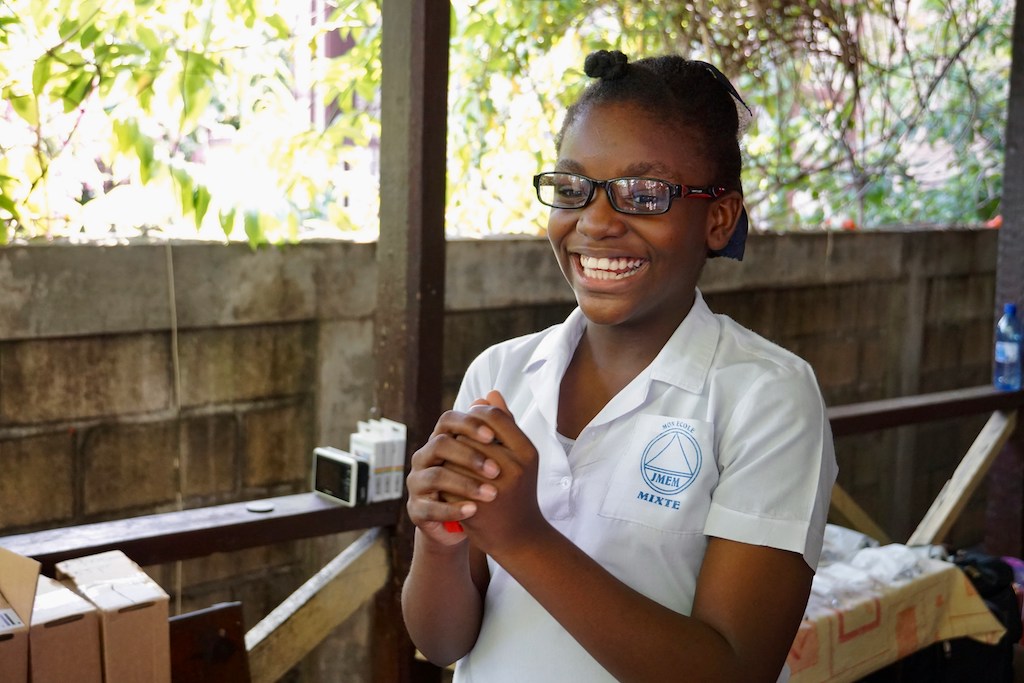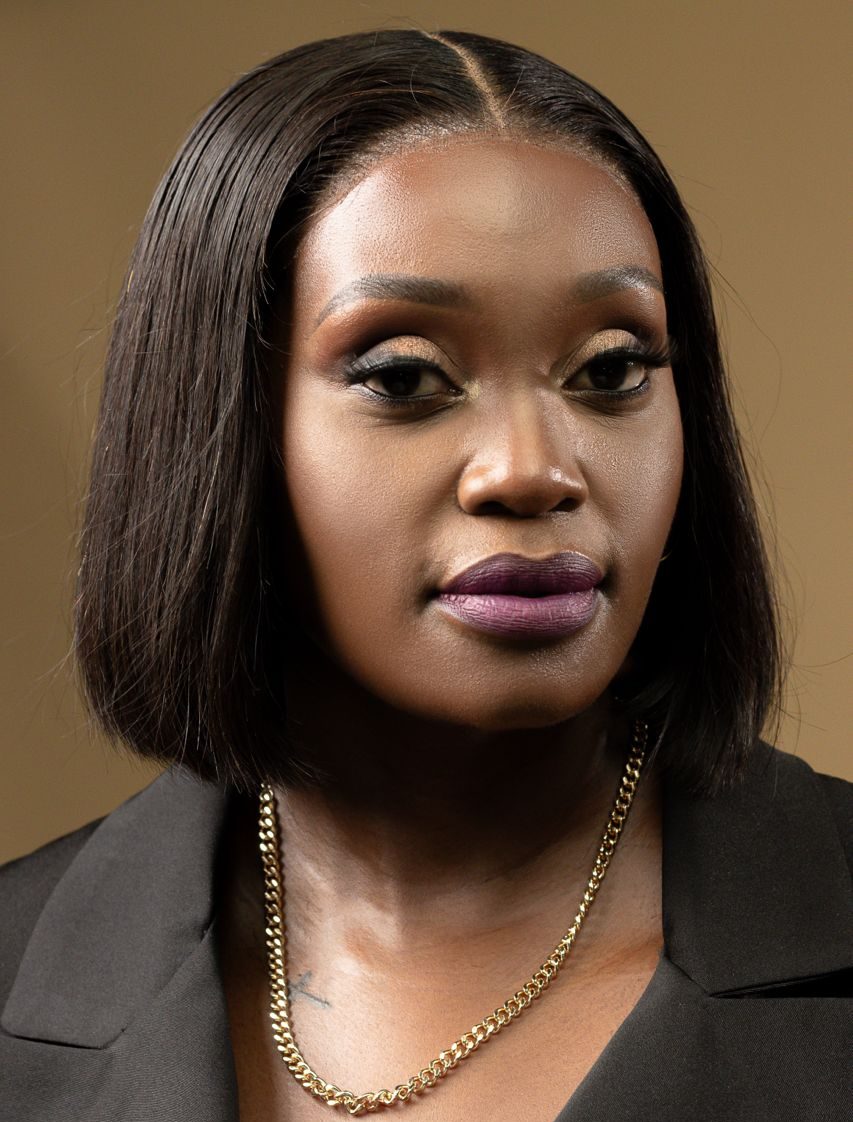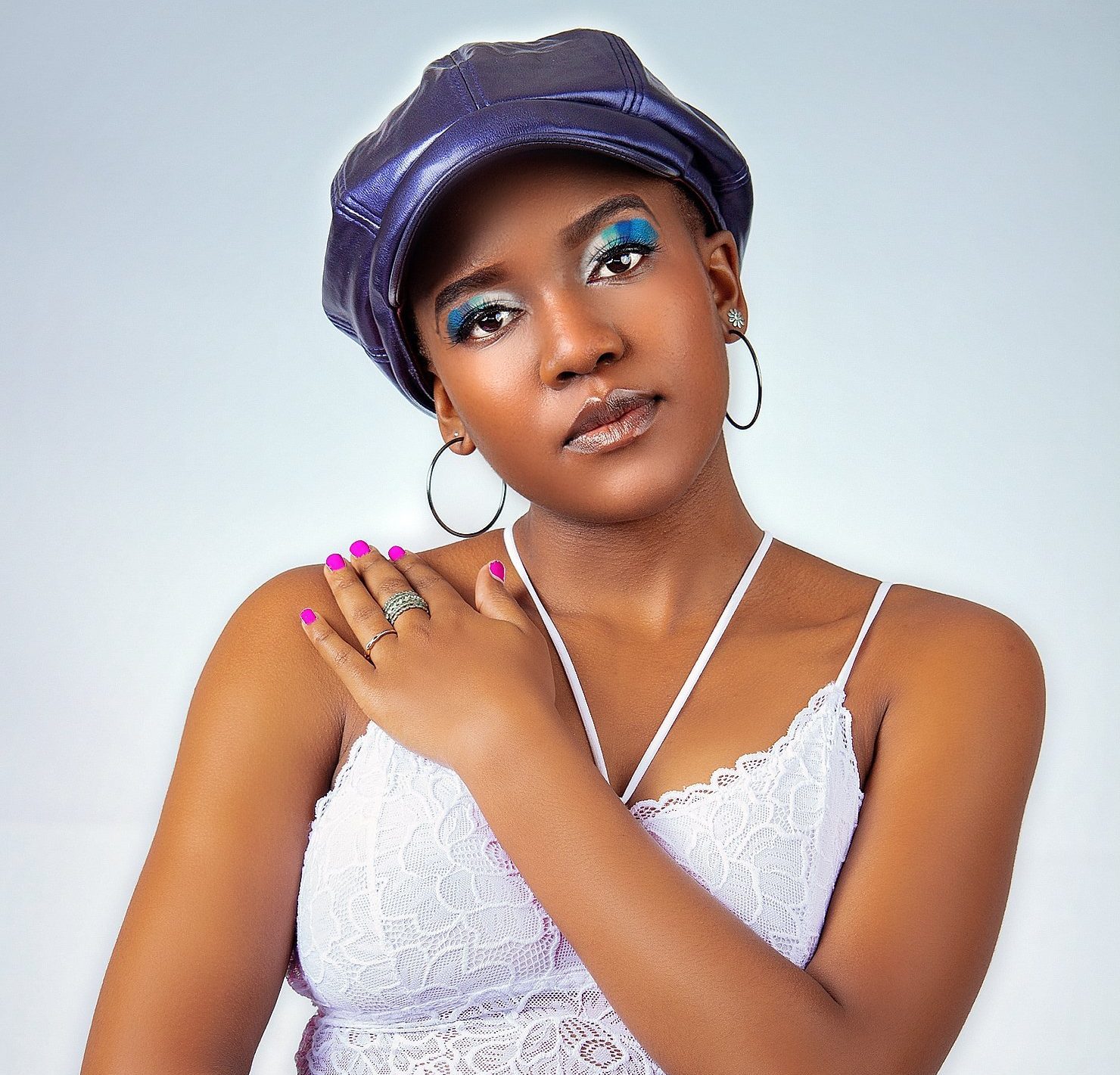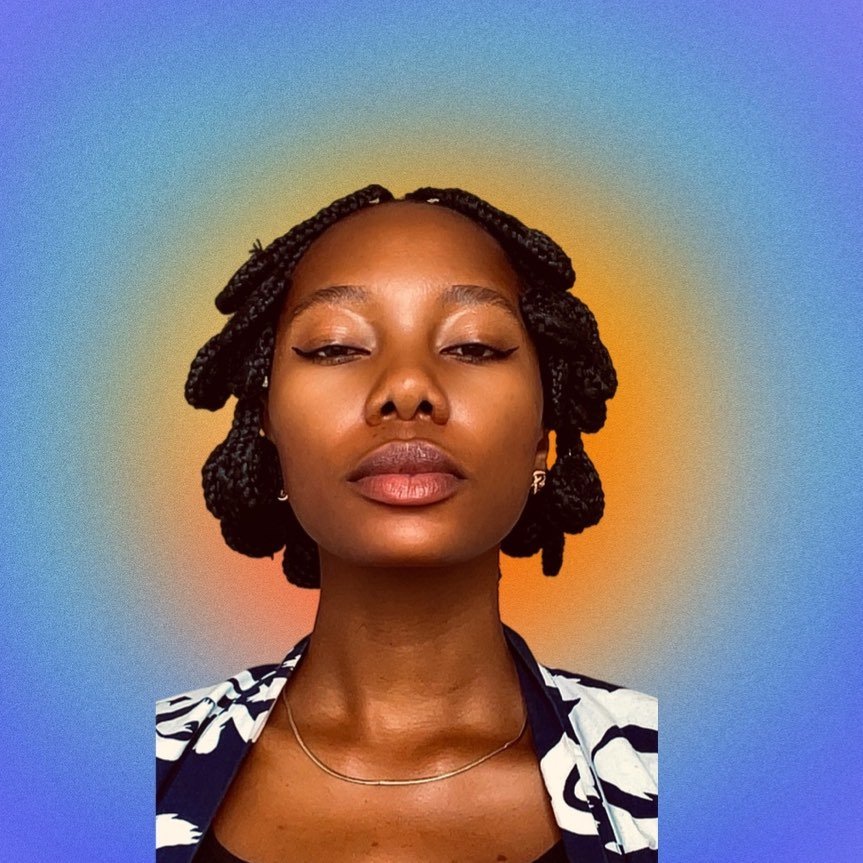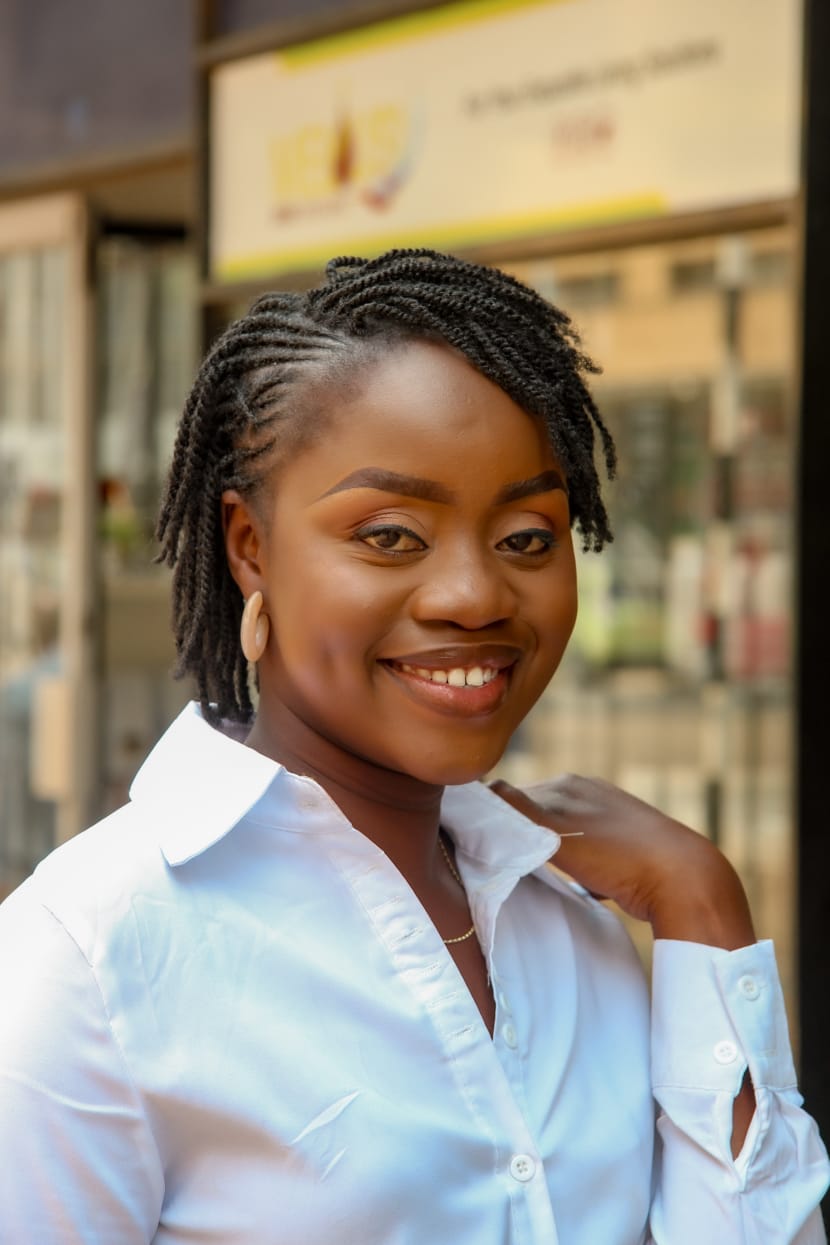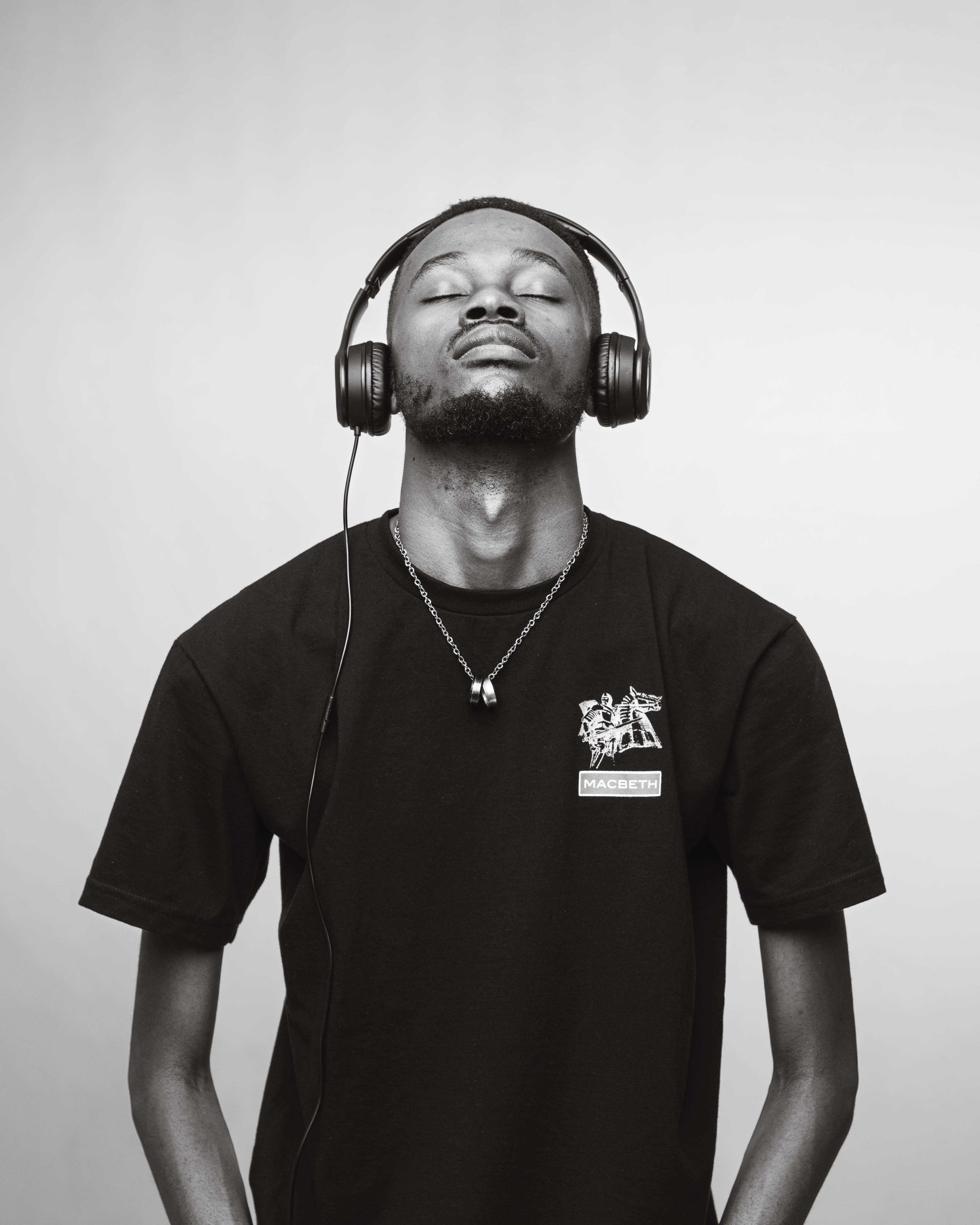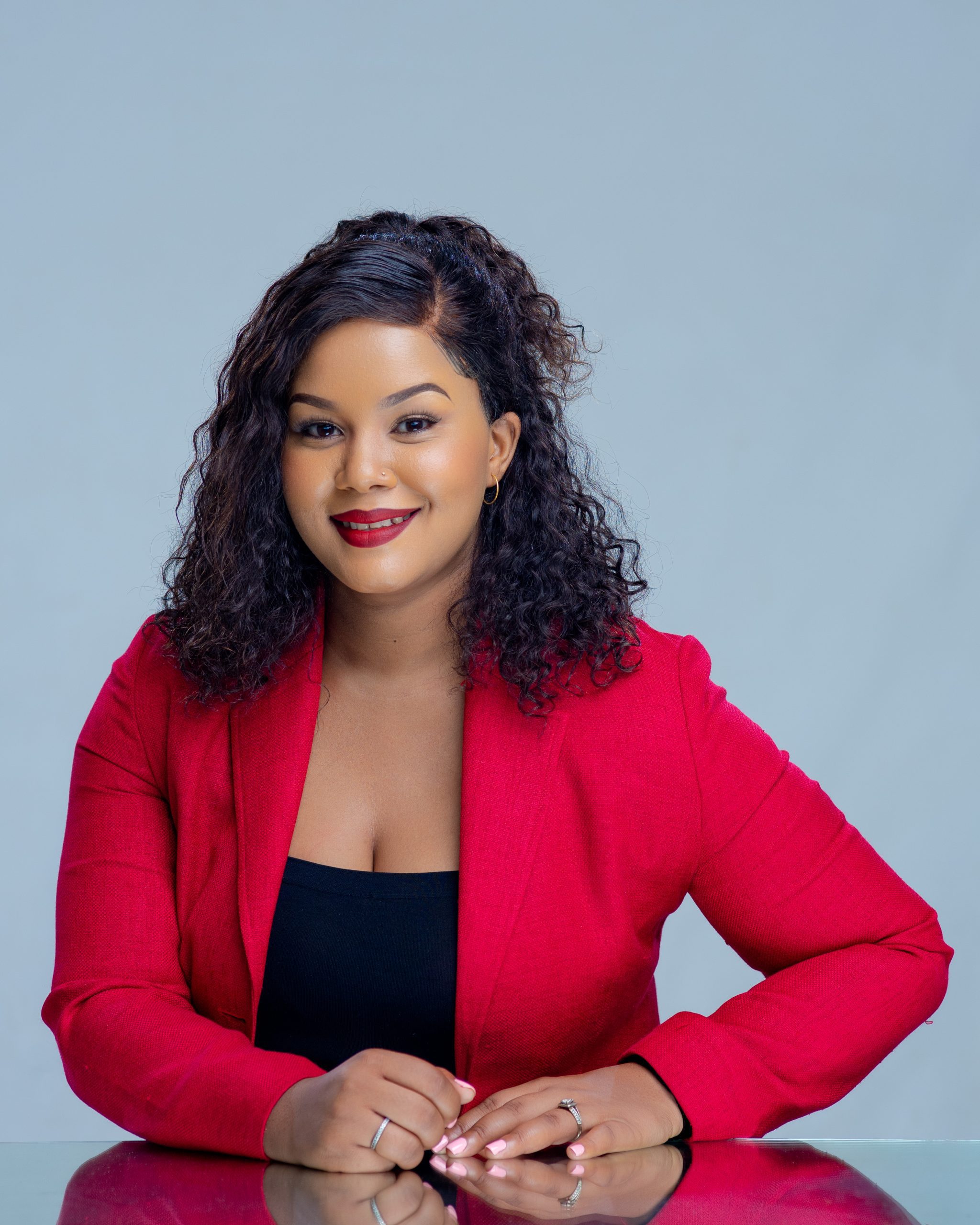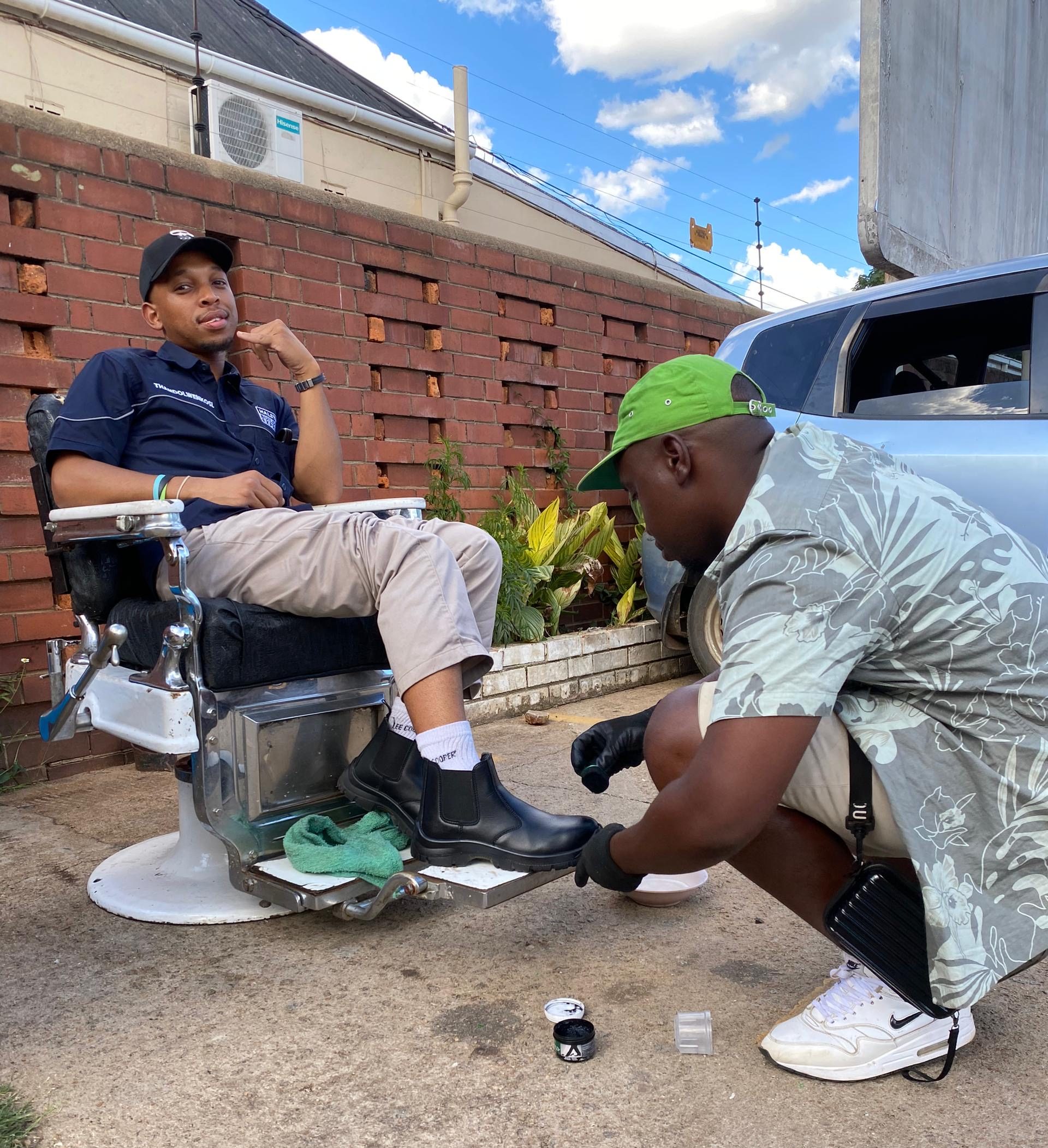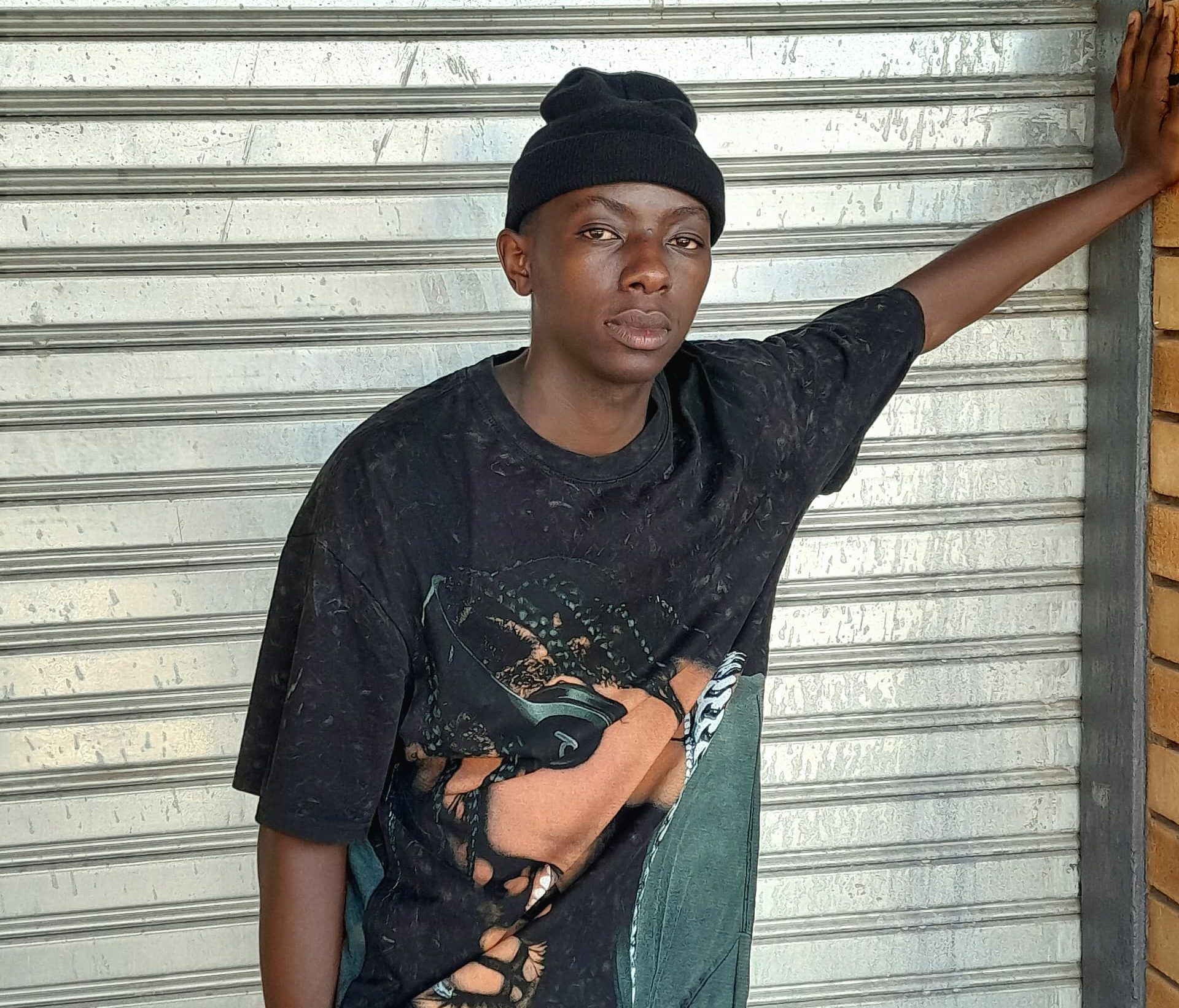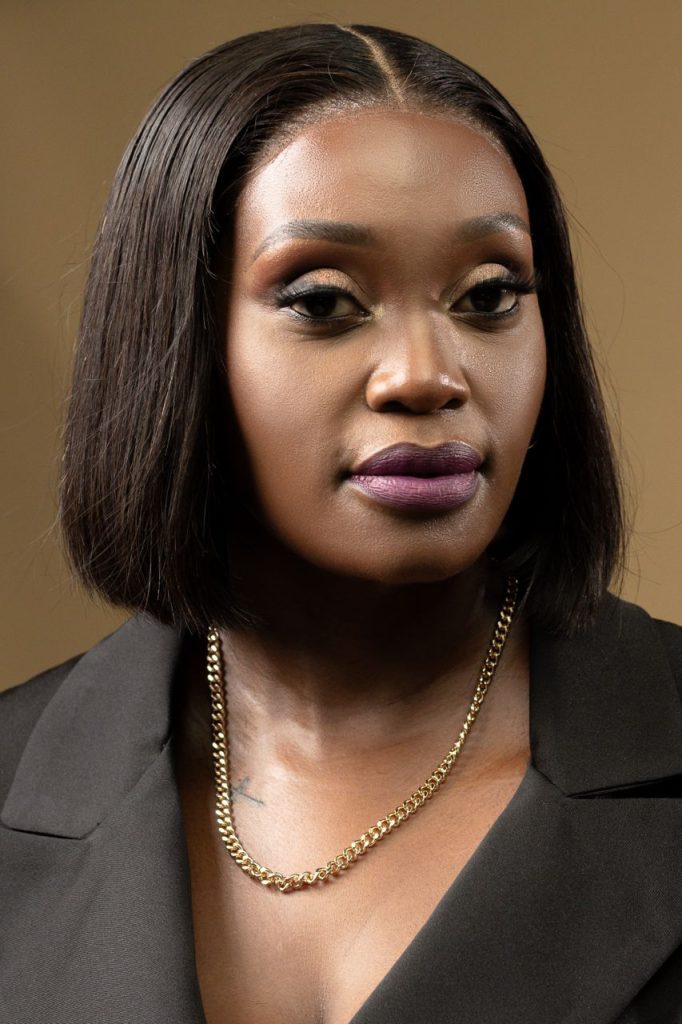
Tell us a bit about Gamuchirai Chinamasa
Where to even start. Lol. Gamu is a mother of a beautiful toddler boy. I’m 32 years old. I’m passionate about mental health and anything in the field of psychology. There is nothing that brings me more joy than helping heal broken minds and bring families together that may have been torn apart by mental illness because of lack of support and knowledge. I’m ambitious, protective of loved ones, loving, prayerful but also an emotional being.
Can you tell us about your personal journey with mental health and what inspired you to become an activist?
What inspired me was my own fight with clinical depression. I always tell my patients that I may not know your exact feeling based on your situation but I know the feeling of depression. I have been though it and experienced the worst of it so that’s what motivated me to speak out about it because during my time in the trenches I was ostracised, ignored, made fun of because people didn’t understand the illness and that made me want to fight for future patients to not have to suffer at the hands of societies stigma like I did.
https://twitter.com/Shumbakadzi11/status/1664522215449133056
What are some of the qualifications or trainings you’ve done in line with mental health?
I have a BA in organisational psychology with Rhodes university, I also have a diploma in systemic family therapy with Connect Zimbabwe. Furthermore, I’m currently a student at the University of Zimbabwe studying Child Development Psychology. Not to forget I’m also a registered family therapist with Allied Health Practitioners and a member of the Zimbabwe Psychological Association. I also don’t shy away from trainings on the different areas of mental health when they do come around – the latest being a certificate in mental health first aid that I acquired from Allied Health Practitioners. I’m always open to learning more.
What is the difference between mental health and mental illness?
In simple terms, the terms “mental health” and “mental illness” are sometimes interchanged, but they differ in meaning. While mental health refers to anyone’s state of mental, emotional well-being, mental illnesses are diagnosed conditions that affect thoughts and behaviours.
How does one become a mental health practitioner in Zimbabwe? What’s the process?
That is a complicated question because it depends what in the field you want to be. People assume you go to school and study just one thing and become a mental health practitioner. It all depends – do you want to be a psychiatrist, psychologist, social worker, occupational therapist, counsellor, researcher etc ? each program has its own process and time but its key to make sure that once done you are registered and accredited and helping people legally and knowledgeably .
Can you briefly explain the mission and goals of your Wevolve Consultancy?
Our mission is to deliver evidence-based mental healthcare that works for everyone while improving lives and becoming the leading mental health consultancy services provider. and to also change the perception, future and understanding of mental health.
https://www.facebook.com/permalink.php?story_fbid=pfbid09x4vmeqA12XHvEsGwCb4LmUxMETRDz3Jn5NBgDf5rsjcA2g15fg3dY6FqfPDmK6al&id=100090012888337
What are some of the biggest challenges you face in your work as a mental health activist?
Stigma would be the first challenge, people not understanding the importance of the field of work that I am in, how it affects you and those around you, so the topic isn’t really spoken about and usually shunned. Also, people not taking psychologists etc as seriously as they do doctors and not feeling the need to pay for services as they don’t see it as a necessity. If I decided to be a fitness or beauty influencer, I would probably get more followers than being a mental health activist and that in itself is a challenge because it then makes it difficult to inform and educate.
What are some recent successes you’ve achieved in advocating for mental health awareness and support?
Getting people talking more openly about mental health and its importance. people sharing their experiences for others to benefit and also being able to train workers on the importance of mental health in the work place. I’m also loving the amount of people coming through for therapy sessions, people are fighting for their mental health
What are some current trends you see in the mental health landscape, and what are your thoughts on them?
The trend right now is everyone is talking about it and wanting to include it in the work they offer but not actually understanding the sensitivity of the mind, the brain and its functions and the depth of it all because most that say they are a mental health practitioner have not actually studied for it neither are they registered. It feels like it’s the “IN Thing “right now and everyone wants a piece of the cake.
What do you see as the biggest barriers to achieving greater mental health awareness and resources?
The biggest barrier in achieving greater mental health awareness is lack of resources for government psychiatric units, legislation that highlights its importance meaning a budget allocated to mental health specifically that will actually make a difference. Also lack of more serious conversations around mental health and what we as Zimbabwe can do to better how we handle this field.
https://www.facebook.com/permalink.php?story_fbid=pfbid02sC6YsTteecQCAJVKa2EZAgCFMVxNxU9D7CY4uR1p5KB11E2RBDw7ANH8AjxkTpHal&id=100090012888337
What advice would you give to someone who wants to become involved in mental health advocacy?
Do it! Do it for you and the generations to come. The space is too big for me or others to tackle alone.
What are your hopes for the future of mental health care and advocacy?
To have a voice and end the stigma around mental illness especially men’s mental health- it’s not spoken about enough or openly, Let’s be the change and make a change.
What are some of the age-appropriate activities you use with your son to help him with his mental health?
At my son’s age (3 years) affirming him boosts his confidence and self Esteem. Letting him take control of age-appropriate activities empowers him. Asking him how his day was and how he’s feeling and to describe his feelings and I use an emoji book so he can point at the feeling and we talk about it . Reminding him he can be whoever he wants to be. Teaching him prayer at a young age. Also, if he cries because he’s not happy with something let him cry, because boys can cry too. Basically “play therapy” which is use the therapeutic power of play to help children prevent or resolve psychosocial difficulties and achieve optimal growth.
https://twitter.com/Shumbakadzi11/status/1594996888549593095
When you decided to write your book (Unearthed: Mental Health Demystified), were you afraid of being so vulnerable?
At that time, I didn’t care? I was in my zone but looking back that was God’s grace because that time was not easy and I think I was judged and looked down for it but the book got to those that needed it the most and that’s what matters.
Will we be getting another book from you in the near future?
Definitely! I’m super excited about this one and hope to put it together soon.
Please tell us about your work with Young People Mental Health Trust, what are some of the strides you’ve made?
I want to do more. 2024 is that year. We not doing enough but we are pushing to be in schools and educating pupils about the importance of mental health and seeking help when in need.
You were a lecturer, what more can be done to support students in tertiary institutions to help them cope with their mental health?
Having available, accessible and qualified counsellors. Also actually doing something if a child comes to you for help and is in need of help. Training teachers on the signs to look out for (first aid in mental health) to know when a child is in distress and what to do about it thereafter.
What are some affordable and accessible ways people can improve their mental health at home?
Self-care and self-love – reading, journaling, praying, medication, gym, walks, lunch dates, spa dates, talking to a loved one – I could go on and on
If someone is struggling with their mental health, what do you suggest as the first step that they should take in seeking help?
Tell someone, a friend that will push you to seek help and then seek help immediately with a psychologist who will then lead you to the right doors depending on your situation.
How do our readers get in touch with you about mental health or your work?
Do follow my social media pages – I do post a lot of mental health and psychology nuggets that could be helpful to you or a loved one.
Twitter – @Shumbakadzi11
Instagram – shumbakadzi_guru
Facebook & LinkedIn – Gamuchirai Chinamasa
iNgudu WhatsApp channel: https://whatsapp.com/channel/0029VaIdIg89RZAbgIEwVM3V
iNgudu Online Thrift Store WhatsApp catalogue: https://wa.me/c/263719095232
https://twitter.com/Shumbakadzi11/status/1673304023384875009




